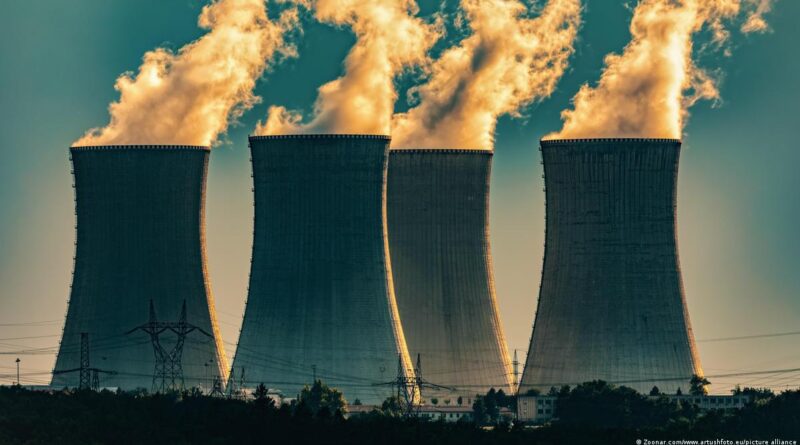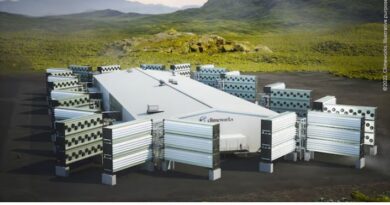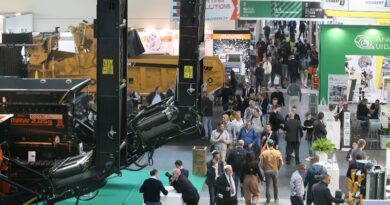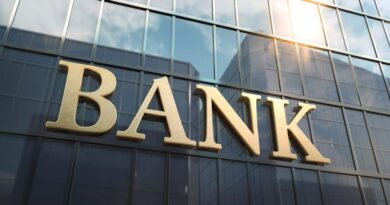French, Russia, Chinese firms vie to build Ghana’s first nuclear power plant
Ghana will select by December a company to build its first nuclear power plant from contenders including France’s EDF, U.S.-based NuScale Power and Regnum Technology Group, and China National Nuclear Corporation, an energy ministry official said.
South Korea’s Kepco and its subsidiary Korea Hydro Nuclear Power Corporation as well as Russia’s ROSATOM were also competing for the contract expected to span the next decade, said Robert Sogbadji, deputy director for power in charge of nuclear and alternative energy.
“Cabinet will approve the final choice. It can be one vendor or two nations; it will depend on the financial model and the technical details,” Sogbadji told Reuters on Monday.
Ghana started considering building a nuclear power plant in the 1960s but the process was derailed by a coup. It revived the plan in 2006 with the International Atomic Energy Association’s assistance, following a devastating power crisis that year.
Sogbadji said 16 countries and companies had responded to the government’s request for vendors, but a technical team of state agencies led by the energy ministry narrowed it down to the current five nations.
Ghana, like other African countries, is increasingly looking to the possibility of nuclear power to close supply gaps in a continent where over 600 million people lack access to electricity.
Burkina Faso and Uganda have both signed agreements with Russia and China to construct their first nuclear power plants. Kenya, Morocco and Namibia are also working to add nuclear to their energy mix
South Africa, which operates the continent’s only nuclear plant, is looking to add 2,500 megawatts (MW) of power from the resource amid severe power shortages. Sogbadji said Ghana aims to add about 1,000 megawatt of power from nuclear to its electricity mix by 2034.
The West African country, which is currently grappling with power outages, has 5,454 MW of installed capacity, of which 4,483 MW is available, according to its energy regulator.
Ghana – an oil, cocoa and gold exporting nation – expects nuclear power to become its base load for quicker and broader industrialisation while increasing energy exports to Benin, Ivory Coast and
Togo, among others, through the West Africa Power Pool.
Sogbadji said the government has already secured a site with capacity to accommodate up to five reactors. He added that it would prefer a “build, own, operate and transfer” arrangement with room for local equity holding.




